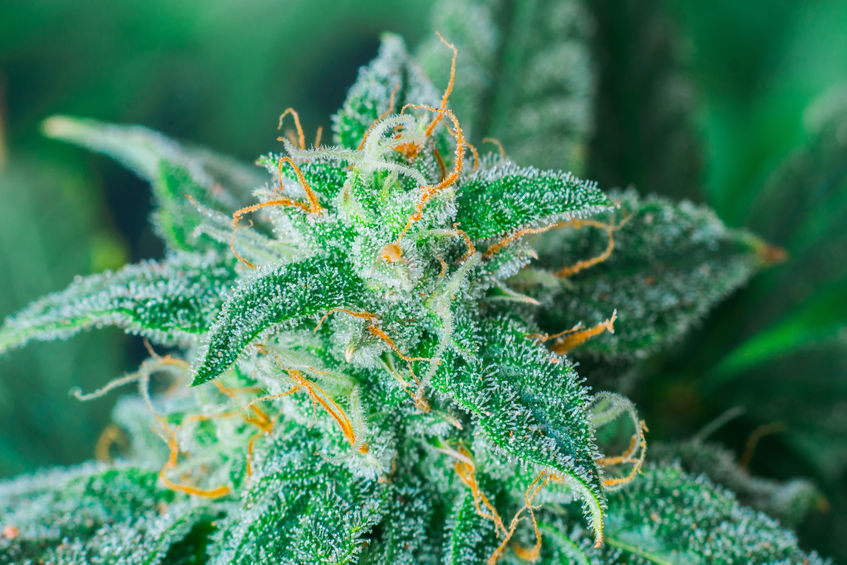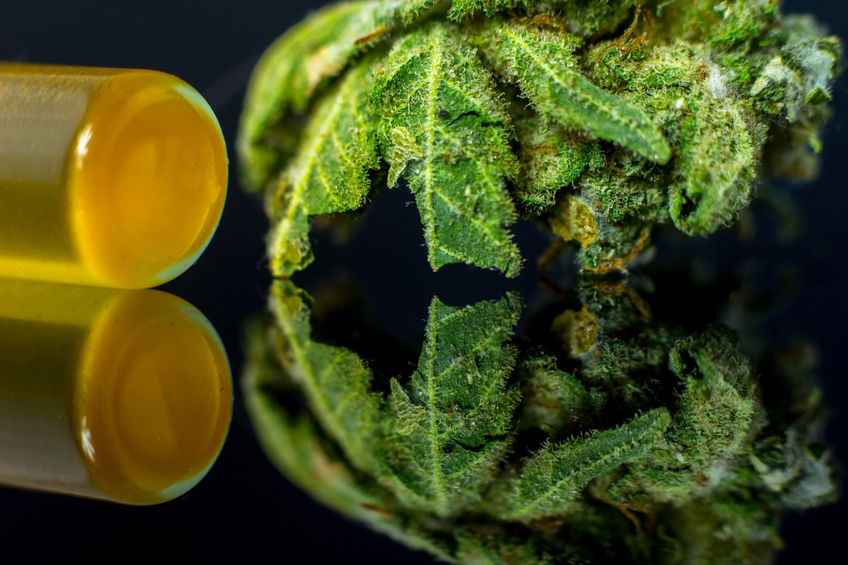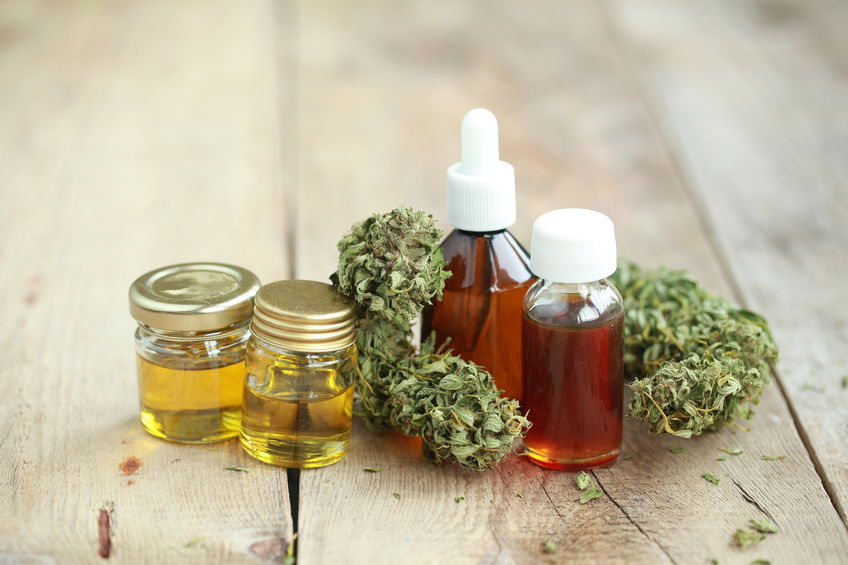Category: Oklahoma
Oklahoma is Good for Cannabis Business
The green rush is on in the Sooner State.
Oklahoma–renowned for its once harsh possession penalties–is now a land of opportunity for medical cannabis businesses. Among the nation’s most progressive medical cannabis programs, Oklahoma has hit the ground running in only six months and is light years ahead of other states delayed by stagnating legislation.
____________________________
One of Oklahoma’s greatest differentiators is its reciprocity program that allows patients with out-of-state medical cannabis cards to qualify for renewable, temporary licenses.
____________________________
Opportunities Abound
The Oklahoma medical cannabis market could realize $250 million in annual sales in its first few years. According to the Oklahoma Medical Marijuana Authority, more than 2,200 business licenses had been issued, with an approved patient pool of more than 24,000 as of December, 2018. This speed-to-market is attributed to the fact that SQ 788 bypassed a special legislative session likely to have imposed restrictions, but instead prioritized patient-needs to get immediate access to cannabis treatments. The result is that there is no limit on business licenses, and doctors are free to recommend medical cannabis to patients for any condition they deem appropriate. In addition, the program is all-encompassing, prohibiting municipalities, cities, or counties from opting out.
High Retail & Wholesale Prices
Though there’s no cap on business licenses, supply is tight and product demand high, which is good news for dispensaries. Patients are lining up en masse for the state’s program, creating premium value for inventory. An ounce of cannabis flower, for example, averages $400, double the cost of Arizona’s medical cannabis market. Cultivation is prospering as well, with wholesale prices averaging between $3,500 – $4,500 per pound–at least twice that of competing markets.
Reciprocity Program
One of Oklahoma’s greatest differentiators is its reciprocity program that allows patients with out-of-state medical cannabis cards to qualify for renewable, temporary licenses. They cost $100, are valid for 30 days, and permit patients to purchase, use, and even grow cannabis in Oklahoma. This provision is especially enticing for Arkansan customers as a stopgap while that program ramps up.
What’s Next?
Some industry insiders caution that the possibility of over-cultivation and low prices will drive down retail and wholesale prices as it’s happened in other markets. Still, with so much success in its nascent stage and the evolution of regulations, Oklahoma may find a way to stabilize supply, increase demand, and sustain momentum.



